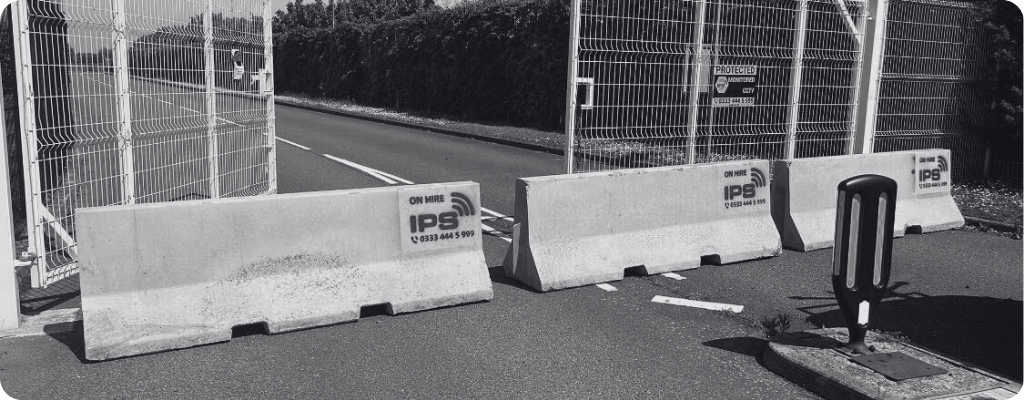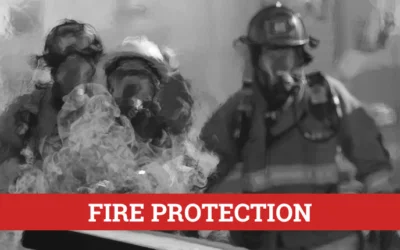Understanding the Risks
Before implementing security measures, it’s crucial to understand the specific risks associated with vacant properties. These risks can include:
- Trespassing and Unauthorised Access: Vacant properties can attract unwanted visitors, leading to squatting or illegal activities
- Vandalism: Properties that appear neglected are prime targets for graffiti and other forms of vandalism
- Theft: Vacant properties may still contain valuable materials or equipment that thieves can target (for example, copper wiring/pipes)
- Safety Hazards: Unsecured sites may pose safety risks to the public, especially if there are open excavations, construction materials, or hazardous substances present
- Environmental Damage: Properties left unprotected can become sites for illegal waste dumping and fly-tipping, leading to environmental hazards and costly clean-up.

The Cost of Crime on Vacant Properties in the UK
In the UK, the impact of crime on vacant properties can be substantial, both in financial terms and community wellbeing. Here are some compelling statistics that underscore the importance of securing vacant properties:
- Financial Impact: It is estimated that crimes against vacant properties cost UK property owners over £100 million annually, with vandalism and graffiti accounting for a significant portion of these expenses.
- Theft and Metal Crime: The British Transport Police reported that metal theft, often targeting vacant properties, can cost the UK economy up to £770 million each year.
- Insurance Claims: Insurance claims related to damages on vacant properties have increased by 20% in the past two years, reflecting the rising cost of crime in these locations.
- Community Effect: The presence of unsecured vacant properties has been linked to a 15% increase in crime rates in surrounding areas, highlighting the broader social cost of vacant property crime.
Best Practices for Temporary Protection
To mitigate these risks, property owners and managers should consider the following best practices:
- Conduct Regular Inspections: Regular visits can help identify security breaches or damage early and demonstrate to potential trespassers that the property is monitored
- Install Visible Security Measures: High-visibility security measures such as concrete barriers send a clear message that the property is secured and monitored
- Use Concrete Barriers to Control Access: Concrete barriers are effective and practical at physically blocking access to vehicles and pedestrians. They can be quickly installed and are almost impossible to move without specialised equipment, making them an ideal deterrent
- Illuminate the Property: Keeping the property well-lit can deter trespassers and vandals who prefer to operate under the cover of darkness
- Post Clear Signage: Signs that indicate the property is monitored and that trespassing is prohibited can be a powerful deterrent
- Secure All Entry Points: Ensure all doors, windows, and other entry points are securely locked and consider boarding up any openings that could be used to gain access.

The Role of Concrete Barriers
Concrete barriers serve multiple functions when it comes to protecting vacant properties:
- Physical Deterrent: Their imposing presence is often enough to dissuade potential intruders
- Versatility: We can reposition them as the security needs of the property change
- Durability: Concrete barriers are weather-resistant and require minimal maintenance
- Cost-Effectiveness: Compared to permanent structures, they are a more affordable solution for temporary security needs.
Taking Action
Securing a vacant property doesn’t need to be a complex or costly endeavour. Property owners can effectively protect their assets from various risks by implementing a strategic combination of regular inspections, high-visibility security measures, and physical deterrents like concrete barriers.
For expert advice and assistance in securing your property with concrete barriers, contact us today. Don’t let your vacant property become part of the statistics.




